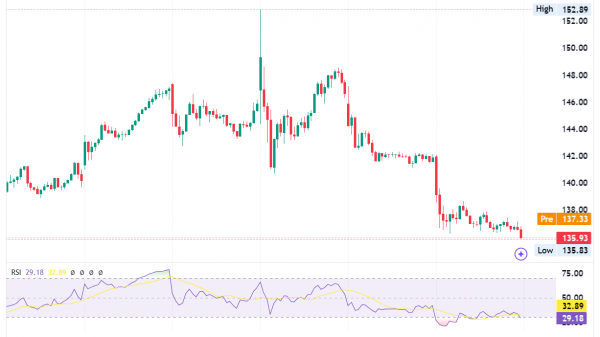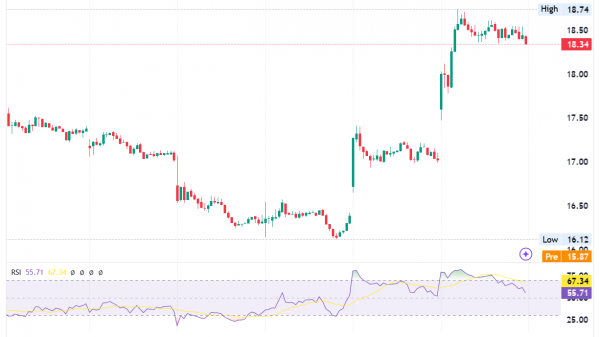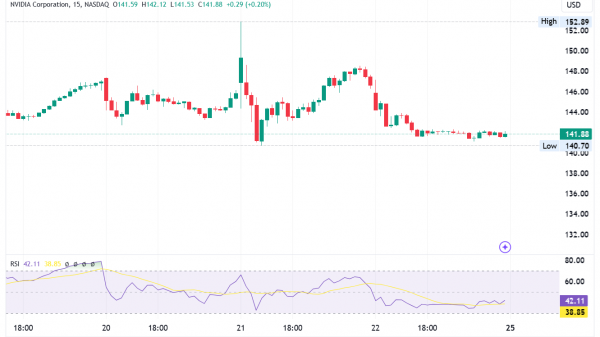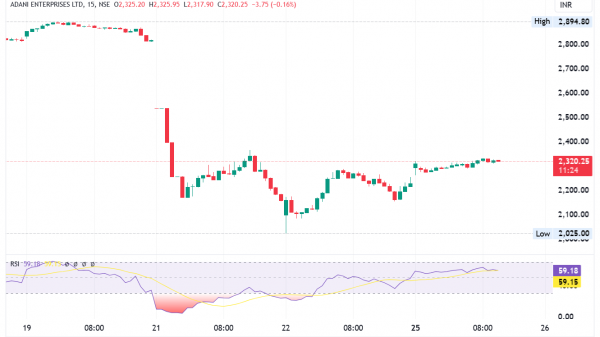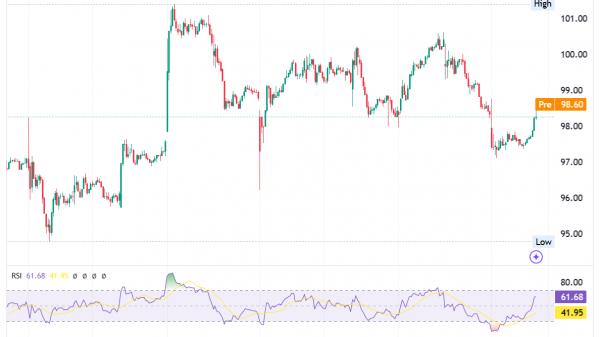Coinbase and SEC Clash in Court Over Cryptocurrency Regulations
In a pivotal legal showdown, Coinbase, a leading cryptocurrency exchange, and the U.S. Securities and Exchange Commission (SEC) recently engaged in a high-stakes court battle in Manhattan. The focus of the dispute is the SEC’s authority over digital assets and whether certain cryptocurrencies traded on Coinbase should be classified as securities.
The lawsuit filed by the SEC against Coinbase is part of a broader effort by the agency to exert regulatory control over the crypto industry. The SEC, under Chair Gary Gensler, has expanded its focus from companies selling digital tokens to those providing trading platforms and other services, like broker-dealers.
During the court proceedings, presided over by Judge Katherine Polk Failla, both parties presented their arguments. The SEC’s lawsuit claims that Coinbase facilitated the trading of at least 13 crypto tokens, including well-known names like Solana, Cardano, and Polygon, which it argues should have been registered as securities.
The legal definition of what constitutes a security has been a subject of debate. The Securities Act of 1933 provides a basic definition, but often, a U.S. Supreme Court case is referenced for practical determination. A key factor is whether an investment is made in a common enterprise with the expectation of profits.
Coinbase, however, counters this viewpoint, arguing that cryptocurrencies do not meet the traditional criteria of an investment contract, a stance supported by much of the crypto industry. They maintain that buying crypto tokens does not involve entering into a contract for a shared enterprise.
SEC’s Argument in Court
In the courtroom, Patrick Costello, who holds the position of Assistant Chief Litigation Counsel for the SEC, presented a compelling argument. He focused on the nature of the cryptocurrencies involved in the case, suggesting that they play a crucial role in supporting broader business ventures. Costello likened these digital tokens to traditional investment contracts, highlighting a key aspect of their nature. He emphasized the direct correlation between the value of these cryptocurrencies and the success of their underlying networks or ecosystems.
Costello elaborated that this interdependence is characteristic of an investment in a common enterprise, a fundamental element in defining a security under legal standards. He pointed out that investors purchase these tokens with the expectation that their value will increase as the network or ecosystem prospers, similar to how shareholders benefit from the success of a company in which they hold stocks. This relationship, according to Costello, underscores the need for these digital assets to be regulated in a manner akin to other securities, ensuring investor protection and market integrity. His argument aimed to establish a clear link between the performance of these cryptocurrencies and the operational success of their respective platforms, asserting that such dynamics warrant regulatory oversight by the SEC.
Judge Failla, however, expressed concerns about potentially broadening the definition of what is considered a security. She pointed out the distinction between purchasing digital assets and traditional investments like stocks and bonds.
Coinbase’s Defense Strategy
Coinbase’s legal team, led by William Savitt, emphasized that buyers of the tokens in question were not signing contracts entitling them to proceeds from a common enterprise. They also brought up the major questions doctrine, a legal principle stemming from a Supreme Court decision that limits the regulatory authority of federal agencies without explicit congressional authorization.
Additionally, the lawsuit targets Coinbase’s “staking” program, where assets are pooled to verify blockchain activity, and customers are offered rewards. The SEC contends that this program should have been registered with the agency.
The outcome of this case is expected to have significant implications for the digital assets industry, potentially clarifying the SEC’s jurisdiction in this rapidly evolving sector. Judge Failla did not make an immediate decision, indicating the complexity and importance of the issues at hand.
The post Coinbase and SEC Clash in Court Over Crypto Regulations appeared first on FinanceBrokerage.
















